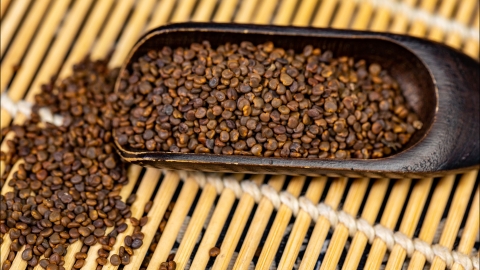Can women drink raspberry, Psoralea fruit, or Cornus officinalis?
Women can generally consume raspberry, Cynomorium songaricum (Sandy苑子), and Cornus officinalis (Asiatic cornelian cherry), but should follow medical advice to ensure appropriate consumption.

Raspberry, Cynomorium songaricum, and Cornus officinalis all have certain nourishing effects. Raspberry helps nourish the kidneys, solidify essence, nourish the liver, and improve vision. Cynomorium songaricum can tonify the kidneys, strengthen yang, improve vision, and calm the mind. Cornus officinalis warms and nourishes the liver and kidneys and has an astringent effect. For symptoms caused by kidney deficiency, such as soreness and weakness of the waist and knees, dizziness, tinnitus, or discomforts like hot flashes and night sweats during menopause, moderate consumption of teas made from these herbs may provide some regulatory benefits.
For non-pregnant, non-lactating women who are not allergic, and have normal blood pressure and blood sugar levels, moderate consumption of raspberry-infused water can be beneficial. However, pregnant women should avoid long-term or excessive consumption, as Cynomorium songaricum may contract the uterus and potentially harm fetal health. When using these herbs in teas, moderation is key to avoid adverse effects from overdosage. Special populations such as pregnant women and children should consult a physician before use.
When using these herbs, attention should also be paid to dietary regulation and lifestyle improvements, such as avoiding spicy and irritating foods and maintaining a regular sleep schedule.





